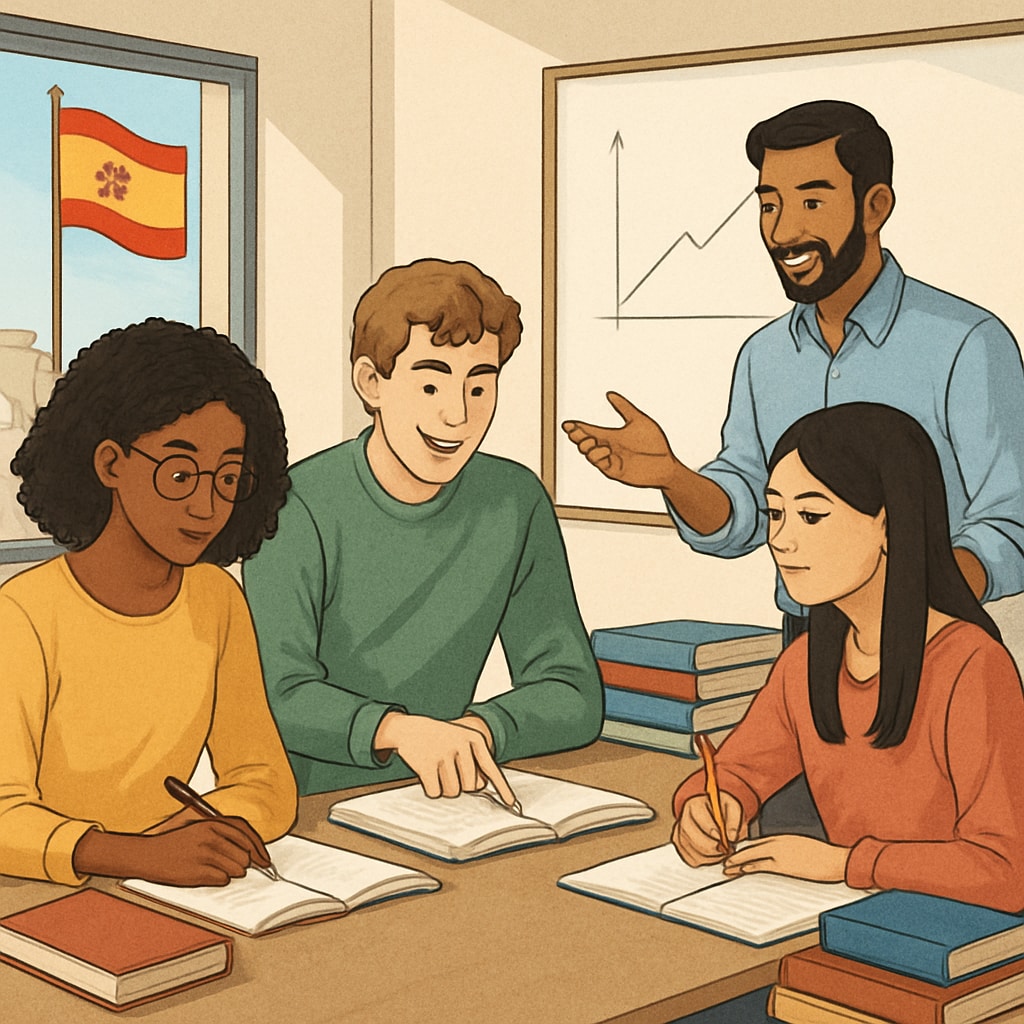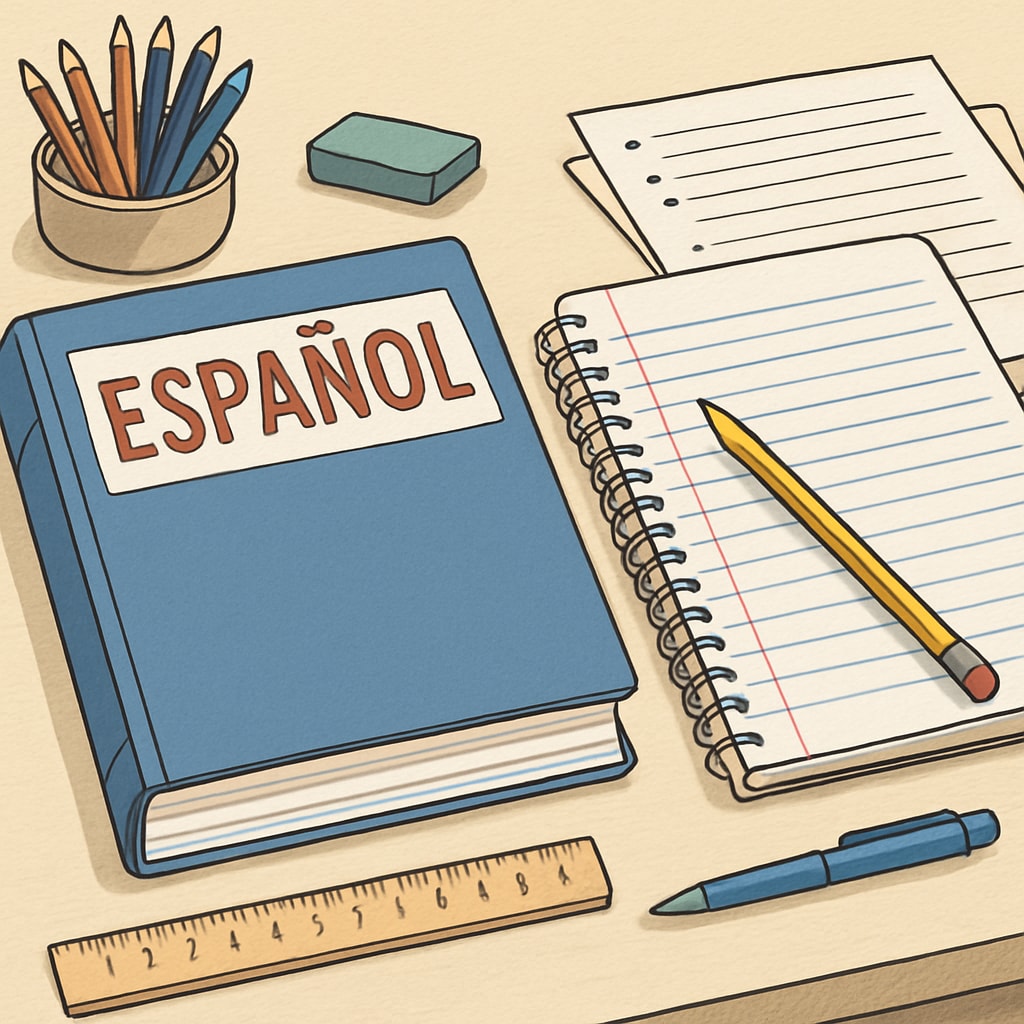Choosing to pursue a master’s degree abroad is an exciting and transformative decision. For students aiming for Spain, careful preparation during the K12 education phase can set the stage for academic success and smooth integration into local society. This article delves into three essential pillars—language proficiency, cultural adaptation, and global perspectives—that empower students to thrive during their international educational journey.

Language Preparation: The Foundation for Success
One of the most critical aspects of preparing for a master’s degree in Spain is developing strong language skills. Spanish is not only the primary medium of communication but also the language of instruction in many academic programs. While some universities offer English-taught courses, fluency in Spanish can significantly enhance social integration and professional opportunities.
Parents and educators can encourage students to start learning Spanish early, even as part of their K12 curriculum. Incorporating language immersion programs, interactive learning tools, and cultural exchanges can build confidence. For example, summer camps or exchange programs in Spain during high school years can be instrumental in fostering practical language usage and cultural familiarity.
Additionally, mastering academic Spanish—such as specialized vocabulary and formal writing—can be particularly advantageous for higher education. Resources like Spanish Language on Britannica provide extensive insights into language structure and applications.

Cultural Adaptation: Bridging the Social Gap
Understanding and adapting to Spanish culture is equally important as mastering the language. Spain boasts a rich and diverse cultural heritage, which can be both exciting and challenging for international students. Cultural adaptation involves not only learning traditions and social norms but also developing the emotional intelligence to navigate new environments.
During the K12 phase, exposure to multicultural experiences can help students build a solid foundation for cultural competence. Activities such as attending international festivals, participating in global student clubs, or engaging in virtual cultural exchanges can broaden their horizons. Parents can also encourage discussions about Spanish history, cuisine, and societal values to instill a sense of curiosity and respect for the culture.
For students planning a master’s degree in Spain, understanding the country’s educational culture is vital. Spanish universities emphasize collaboration, creativity, and critical thinking. Familiarity with these academic practices can lead to a smoother transition. For further exploration, Education in Spain on Wikipedia provides an overview of the Spanish academic system.
Global Perspectives: Building a Future-Ready Mindset
Finally, cultivating global perspectives during the K12 years ensures that students are not only academically prepared but also mentally equipped to embrace diversity. A global outlook can foster adaptability, resilience, and open-mindedness—qualities essential for studying and living abroad.
Schools can support this by introducing international curriculums, offering subjects like world history and geopolitics, and encouraging critical thinking about global issues. Extracurricular activities such as Model United Nations (MUN) or international debate competitions can further enhance cross-cultural understanding. These experiences help students develop the ability to connect with peers from diverse backgrounds and approach challenges with a global mindset.
Moreover, students should be encouraged to set personal goals for their international education journey, such as exploring career opportunities or contributing to cross-cultural initiatives. This proactive approach ensures that their time in Spain is not only academically enriching but also personally fulfilling.
In conclusion, the K12 stage is a pivotal period for students aspiring to pursue higher education abroad. With a focus on language readiness, cultural adaptation, and global perspectives, parents and educators can equip students with the skills they need to excel in Spain’s academic and social environments. By laying this groundwork early, we empower the next generation to navigate their cross-cultural educational journeys confidently and successfully.
Readability guidance: This article prioritizes concise paragraphs, frequent use of transition words, and lists where applicable. It balances academic insights with actionable advice, ensuring accessibility for families and educators alike.


